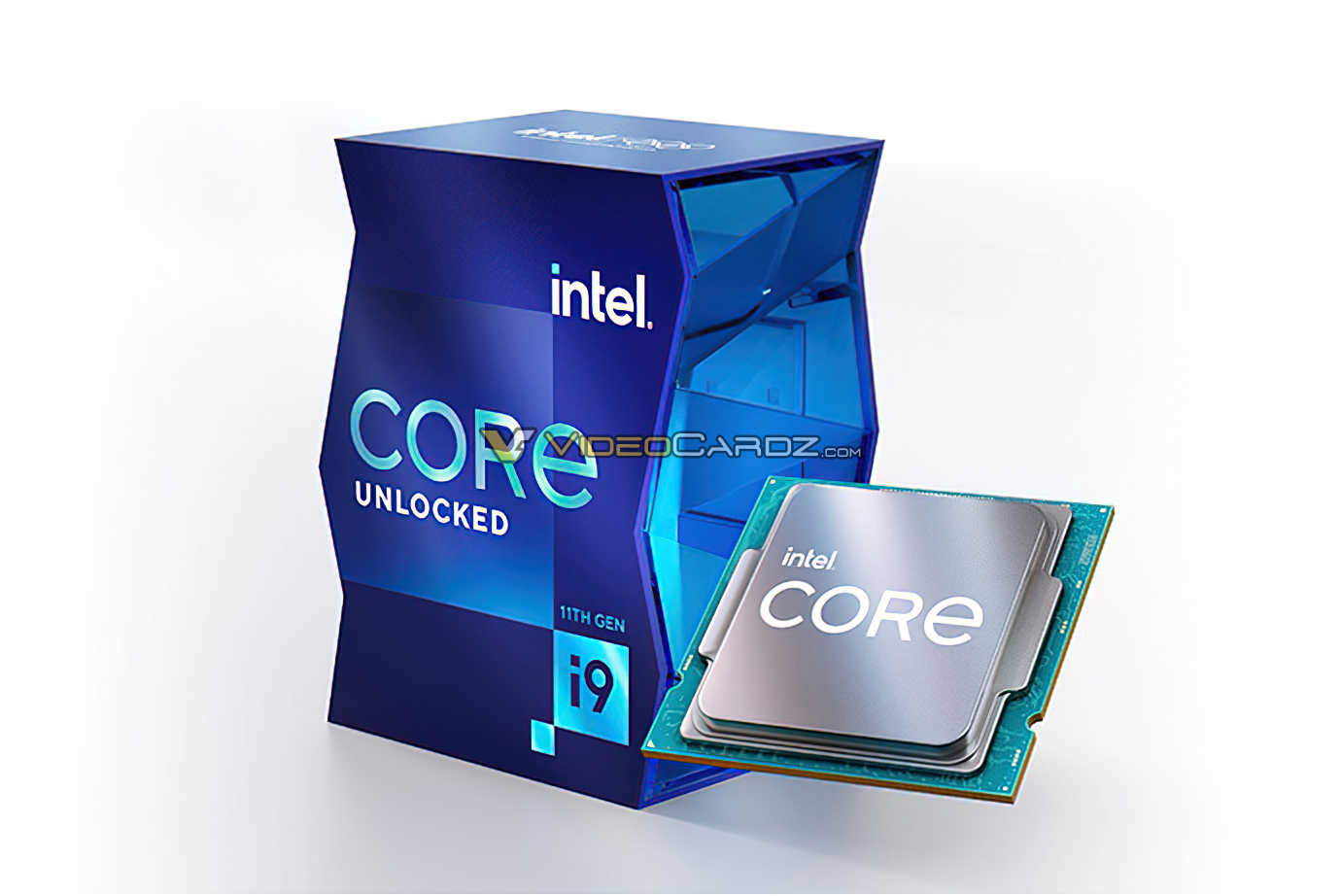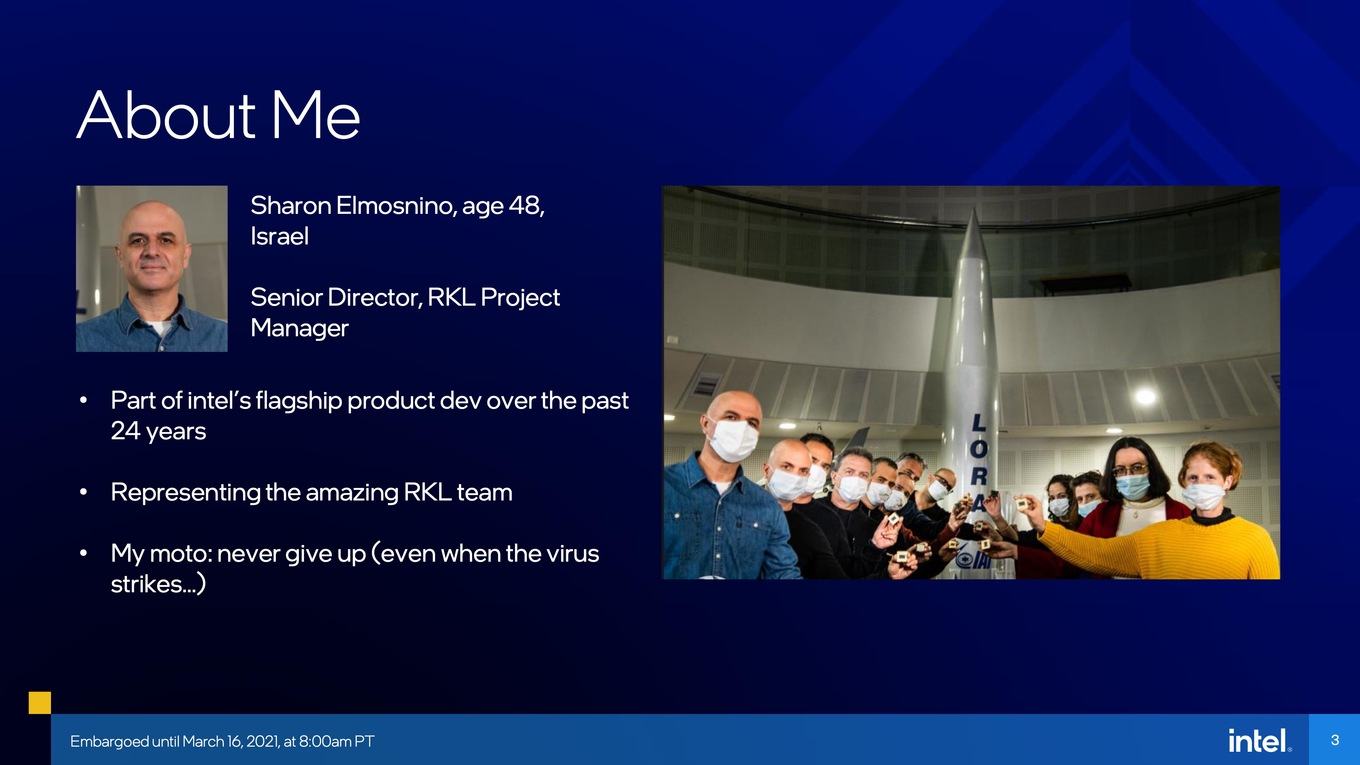Hulk
Diamond Member
- Oct 9, 1999
- 5,299
- 3,979
- 136
Price:

Intel 11th Gen Core "Rocket Lake" series official specifications and pricing - VideoCardz.com
Intel Core i9-11900K to cost 539 USD We have the final specification and pricing for the upcoming 11th Gen Core series. The flagship 8-core i9-11900K SKU will retail at 539 USD (pricing per 1000 units), an increase of 51 USD per CPU compared to Core i9-10900K. This CPU will boost up to 5.3 GHz...videocardz.com
some guys start selling 11700/11700f slightly cheaper than 5600x in my country. IMO price/perf ratio is very good (*just for cpu. now all we need is a beefy mobo which might not be cheap*)
5800X down to $429 at MC.








































